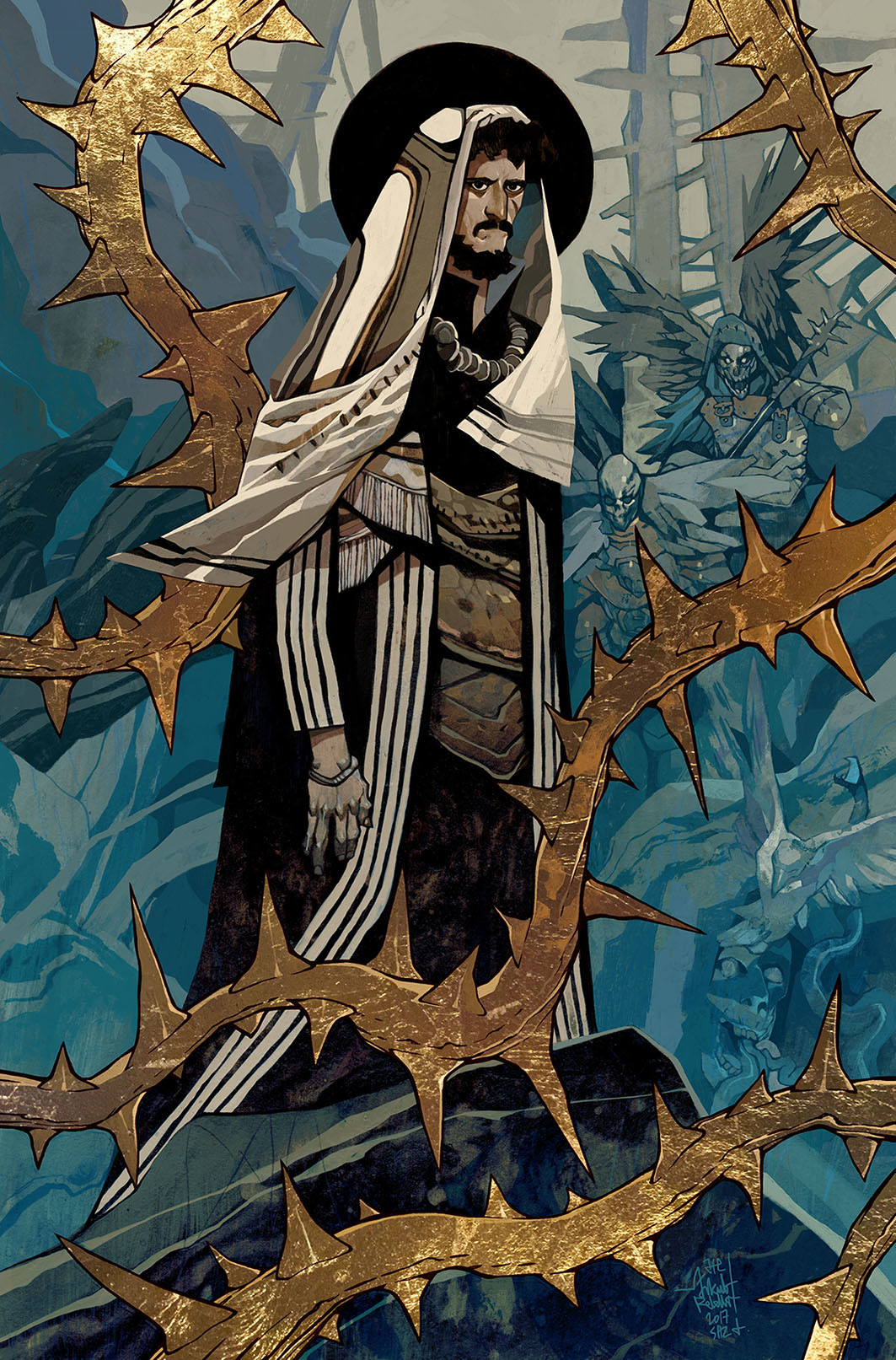Finally I've made the last two classes of the quintessential RPG quartet, the wizard and the cleric. If you aren't in the loop, I'm making some very light classes for Into The Odd since its character generation kind of lacks that sort of innate character ability that many classes in other RPG systems provide. You can check out the fighter and the thief here.
I'll be honest, making these two was hard for me, as I have this principle that magic should be rewarded, not simply given. So, to fit with this principle I made it so that both of these classes have costs for their magic. Wizards have a power word which stirs within their lungs and can rupture them if used improperly or without care. Clerics can worship really weird domains to gain powers from, but they better keep to their oaths or at least have a sacrifice towards their domain ready unless they want to be stripped of their magic.
I'll be honest, making these two was hard for me, as I have this principle that magic should be rewarded, not simply given. So, to fit with this principle I made it so that both of these classes have costs for their magic. Wizards have a power word which stirs within their lungs and can rupture them if used improperly or without care. Clerics can worship really weird domains to gain powers from, but they better keep to their oaths or at least have a sacrifice towards their domain ready unless they want to be stripped of their magic.
 |
| The Wizard & The Cleric (Jakub Rebelka) |
Now, for the notes and credits I have for these classes:
- I want to touch up one one restriction on the wizard, specifically: "Sentient beings and inanimate objects cannot change their physical form if commanded to". This means that if you shout at a group of goblins "Turn into fish!", they won't physically become fish, but their minds will conform and they will begin to flop around because they think they are fishes. Same applies for furniture, except the results are more uneventful since furniture doesn't have a mind.
- I also want to touch up on clerics. You can choose a concept such as love or greed as your domain, and its abilities will have different effects. For instance, if you use your ability: "You may make an irresistible one word command. It only works on your domain if it's an object, or people who possess lots of your domain if it's a concept." and you have the lust domain, then you will effect people who have lots of lust on their mind. So, you might not effect that nun over there, but you will certainly effect those who are scandalous. If I ever post this as a hack, I'll be sure to make these things clearer.
- Again, if you're playing online, I also have two google documents you can copy and use. Here's the wizard and here's the cleric.
- My wizards are basically less powerful psions from Lexi's A Blasted, Cratered Land. Check it out, the creator has a truly brilliant mind and I hope she comes out with more content in the future.
- Two of my cleric abilities are heavily based on Type1ninja's thief at Two Goblins In A Trenchcoat. He's also amazing and you should check his stuff out, especially Moonhop.
Those are both very interesting changes.
ReplyDelete